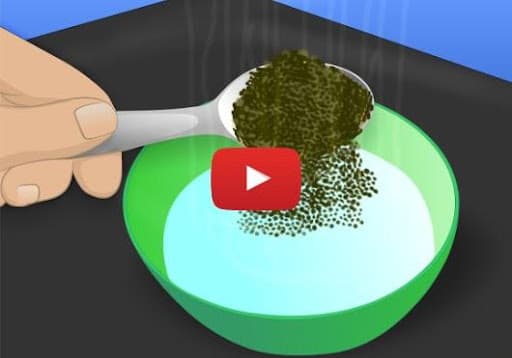New Study: Plant-Based Dieters Catch Less COVID?
With the ongoing discussion about the role of diet in managing the risk of infections such as COVID-19, several recent studies have spurred debates among experts and the general public alike.
In the latest video, nutrition expert Dr. Eric Westman and Mike, popularly known as Mike the Vegan, delve into new research suggesting that plant-based diets might lower the risk of contracting COVID-19. According to a January 2024 study published in the BMJ’s nutrition sub-journal, individuals following plant-based diets were found to have a 39% lower risk of acquiring the virus.
The term "plant-based" in these studies loosely encompasses both vegans and vegetarians. Despite the loose definitions and methodology, the finding adds a significant point of interest in the discussion around dietary impacts on health.
What is crucial to note, however, is the variability in study structures. Many of these research efforts rely on self-reported data, which inherently lacks precision. Critics highlight that association does not equate to causation, emphasizing the misinterpretation possibilities when findings suggest correlation but fail to navigate causative lines.
Specifically, relative risk reduction presented in these discussions can be misleading. For example, reporting a reduction from 10% to 5% might be advertised as a 50% reduction, inflating the perception of benefits without proper context of absolute risk figures.
Studies have shown dietary adjustments, be it vegan or keto, significantly impact metabolic health—a shared commonality that might underline their protective capabilities against illnesses like COVID-19.
Dr. Westman and others argue for a broader acceptance that multiple dietary pathways can yield favorable outcomes. These include a reduction in infections through minimizing junk food intake and embody strong long-term health goals.
Despite the limitations in current study designs, both camps—plant-based and keto—highlight an essential health philosophy: varied diets can minimize disease risk under certain premises, emphasizing moderation and nutrient-density.
While these insights offer foundational knowledge and reasoning to consider dietary choices, they urge further enquiry and methodologically sound research to reach determinate conclusions. Until more conclusive evidence emerges, a balanced diet, whether focused on more plants or minimizing processed food, stands as a sagacious choice.
To stay updated on nutritional discussions and studies, subscribing to channels like Dr. Eric Westman's remains a valuable exercise. With reliable engagement and ongoing insights, discerning information from comprehensive analyses becomes accessible, assisting individuals in making informed dietary decisions.
From Around The Web
Wellness Inbox is a blog & weekly newsletter that curates trending news and products related to health and wellness from around the web. We also gather content from various sources, including leading health professionals, and deliver it directly to you.
Please note that we may receive compensation if you purchase any products featured in our newsletter. Wellness Inbox is not affiliated with, nor does it endorse, any health professionals whose content may appear in our newsletter. The information provided is for general informational purposes only and should not be considered medical advice.
The information provided is not intended to replace professional medical advice, diagnosis, or treatment. All content, including text, graphics, images, and information available is for general informational purposes only. We do not guarantee the accuracy or completeness of any information presented and assume no liability for any errors or omissions. The content is subject to change without notice. We encourage you to verify any information with other reliable sources and consult your physician regarding any medical conditions or treatments.







